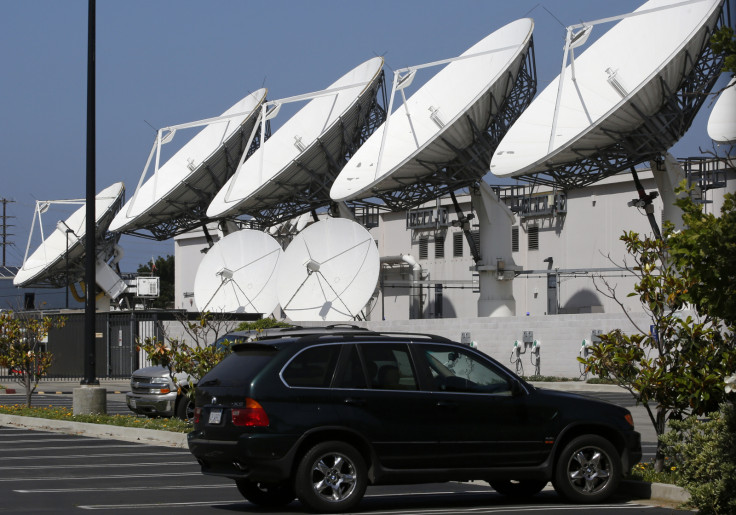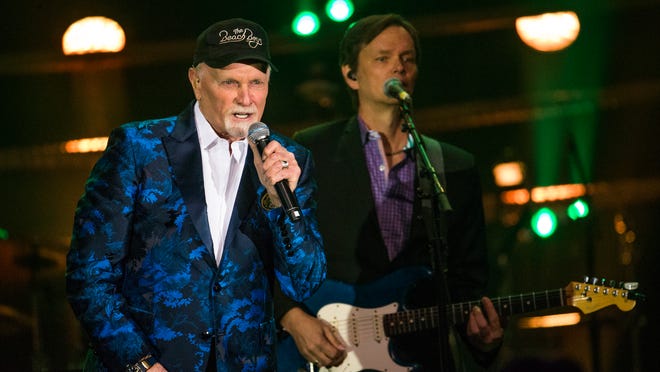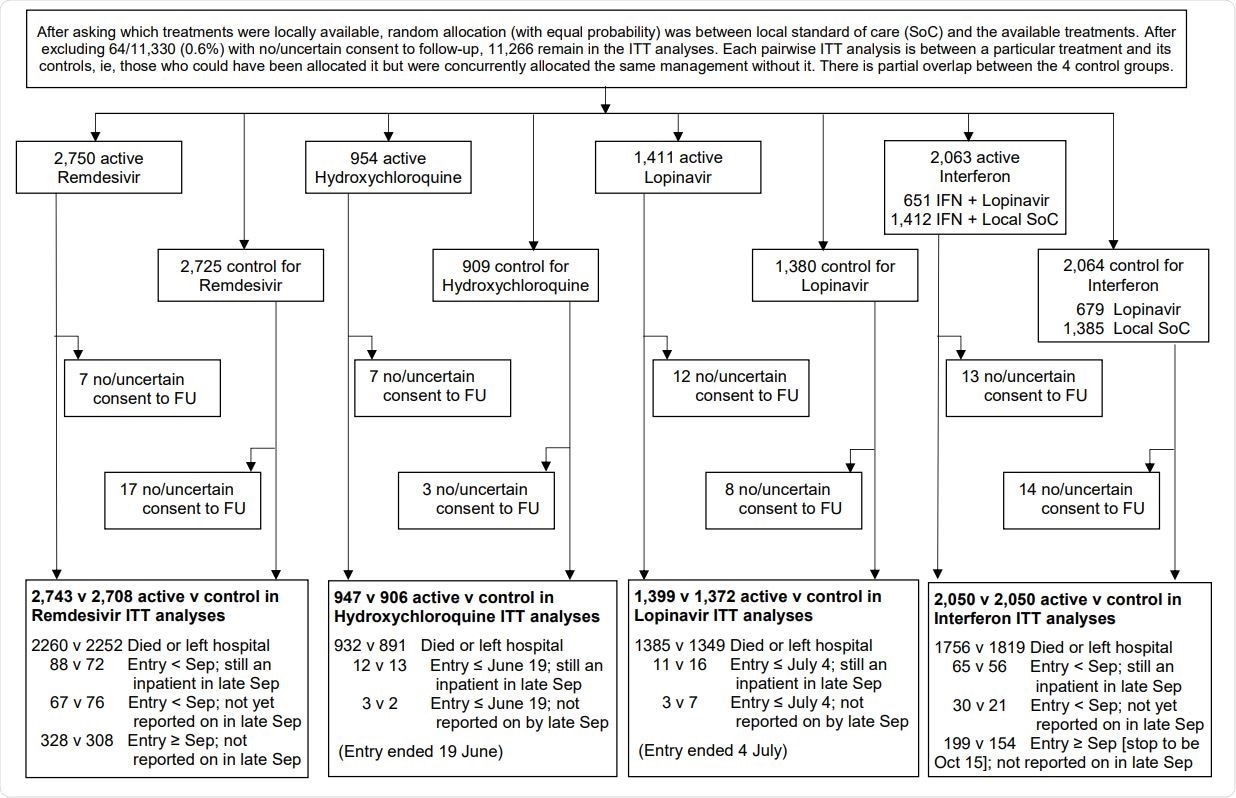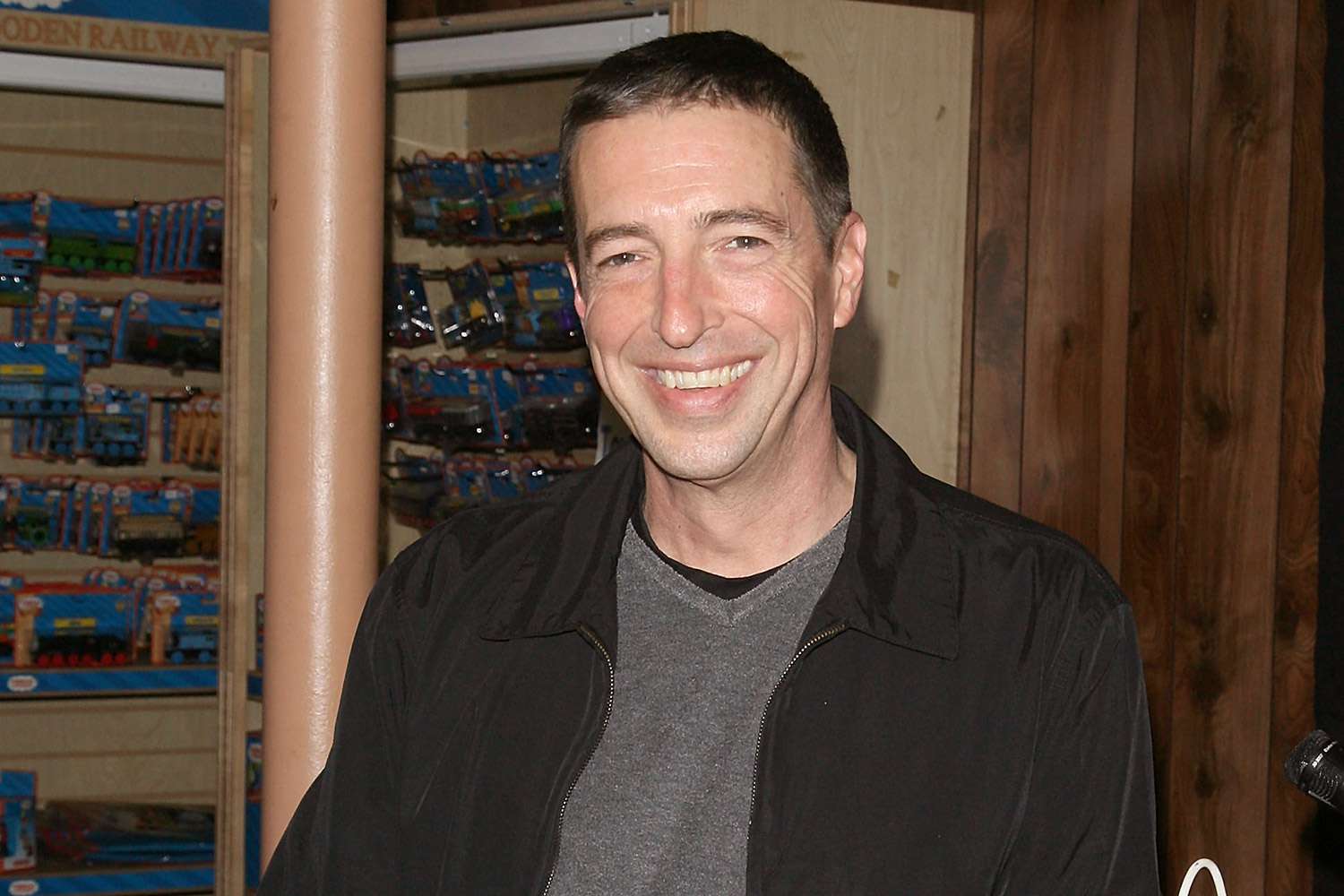As it stands right now, the majority of objects that surround the planet are monitored by private firms and government agencies.
By John Diente October 19, 2020
With renewed interest in space travel, news related to the risks involved with upcoming missions have caught the attention of experts around the globe. In fact, a near-collision almost happened on Thursday as a discarded rocket booster from China and an inactivated Soviet satellite narrowly missed one another. This was not reported by major space agencies or the military but was observed by LeoLabs, which analysed the data and projected a 10 percent or higher likelihood of the two objects crashing into the other.
Shortly thereafter, the United States military shared a statement that its team projected a "nearly zero percent probability of collision." A report from CNN points out that the group uses a massive array of telescopes and radars to monitor space traffic. Meanwhile, the former is a privately-owned firm which relies on ground-based radars exclusively for tracking. "We obviously have a great deal of respect for the 18th Space Control Squadron and their estimates. Nobody is disputing that these objects came close to one another," said company CEO Daniel Ceperley.
Based on calculations made by University of Texas at Austin astrodynamicist Moriba Jah, the aforementioned space debris were estimated to have been as close as 72 metres at the time. The data used was apparently taken from publicly available real-time space traffic information. He noted that the near-collision should be a wake-up call for an international collaboration to track all debris that are potentially dangerous for space traffic.
As it stands right now, the majority of objects that surround the planet are monitored by private firms and government agencies. However, these groups are hesitant to share details that would make it possible to quickly scan for threats. Ceperley said: "Multiple times a week we're seeing dead satellites come within 100 meters of each other, moving at tremendous speeds."

By John Diente October 19, 2020
With renewed interest in space travel, news related to the risks involved with upcoming missions have caught the attention of experts around the globe. In fact, a near-collision almost happened on Thursday as a discarded rocket booster from China and an inactivated Soviet satellite narrowly missed one another. This was not reported by major space agencies or the military but was observed by LeoLabs, which analysed the data and projected a 10 percent or higher likelihood of the two objects crashing into the other.
Shortly thereafter, the United States military shared a statement that its team projected a "nearly zero percent probability of collision." A report from CNN points out that the group uses a massive array of telescopes and radars to monitor space traffic. Meanwhile, the former is a privately-owned firm which relies on ground-based radars exclusively for tracking. "We obviously have a great deal of respect for the 18th Space Control Squadron and their estimates. Nobody is disputing that these objects came close to one another," said company CEO Daniel Ceperley.
Based on calculations made by University of Texas at Austin astrodynamicist Moriba Jah, the aforementioned space debris were estimated to have been as close as 72 metres at the time. The data used was apparently taken from publicly available real-time space traffic information. He noted that the near-collision should be a wake-up call for an international collaboration to track all debris that are potentially dangerous for space traffic.
As it stands right now, the majority of objects that surround the planet are monitored by private firms and government agencies. However, these groups are hesitant to share details that would make it possible to quickly scan for threats. Ceperley said: "Multiple times a week we're seeing dead satellites come within 100 meters of each other, moving at tremendous speeds."

Large satellite dishes at the Los Angeles Broadcast Center of U.S. satellite TV operator DirecTV are seen in Los Angeles, California May 18, 2014. REUTERS/Jonathan Alcorn
According to sources, the Soviet satellite in question was launched in 1989 and was originally used for navigation. It measures 17 metres long with a diameter of two metres and weighs around 800 kg. The other is a 20-foot long March rocket booster from China that was launched in 2009. The most recent objects deployed in orbit are additional Starlink satellites from SpaceX. Elon Musk hopes to complete the constellation to beam down high-speed broadband internet across the globe
According to sources, the Soviet satellite in question was launched in 1989 and was originally used for navigation. It measures 17 metres long with a diameter of two metres and weighs around 800 kg. The other is a 20-foot long March rocket booster from China that was launched in 2009. The most recent objects deployed in orbit are additional Starlink satellites from SpaceX. Elon Musk hopes to complete the constellation to beam down high-speed broadband internet across the globe



.jpg)




 A sight that’s bound to become more and more familiar: an electric car being charged. Image credits: Chuttersnap / Unsplash.
A sight that’s bound to become more and more familiar: an electric car being charged. Image credits: Chuttersnap / Unsplash.














